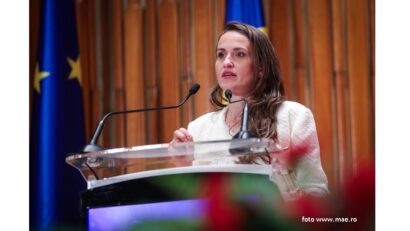European loans to support labor market
Romania will receive a 3-billion-euro loan from the European Commission under the SURE scheme, to support the labor market.

Leyla Cheamil, 02.12.2020, 13:50
The European Commission has found ways to support the labor market, faced with serious challenges, against the background of the coronavirus crisis. The Commission came up with a set of measures meant to correct the big economic imbalances and diminish their negative impact on people’s living standards. Thus, the EU set up a temporary support instrument to protect workers and jobs. Under its SURE programme, the Commission offers each member state financial support of up to 100 billion euros. This support, in the form of loans granted on favorable terms, will assist Member States in addressing sudden increases in public expenditure to preserve employment. Specifically, they will help cover the costs directly related to the financing of national short-time work schemes, and other similar measures they have put in place as a response to the coronavirus pandemic, including for the self-employed.
The European Commission has disbursed 8.5 billion euros in the third instalment of financial support, to five member states under the SURE instrument. As part of these operations, Belgium has received 2 billion euros, Hungary 200 million euros, Portugal 3 billion euros, Romania 3 billion euros and Slovakia 300 million euros. The loan is granted for 15 years under the same terms that the Commission took it out from the market. 16 member countries have so far received financing under the SURE instrument. The next disbursements will take place over the course of the months ahead, following the respective bond issuances.
The European Commission President, Ursula von der Leyen, has said that Romania will receive a total amount of 4 billion euros, in two instalments. The loan has a negative interest rate which means that Bucharest will have to repay less than it received. The EC President has also said that the loan encourages healthy Romanian firms to keep their employees even if there is not enough work for them. She has explained that under the SURE programme, salaries will be subsidized and, at the end of the crisis, when the market recovers and the company already has the qualified staff that it needs, it can start working properly. The EC works on alternatives for the member states to have access to the money in the recovery package, the European official has explained. Hungary and Poland have vetoed the coronavirus recovery package because they object to linking access to the European money with countries’ respect of the rule of law. On the other hand, the bonds issued under SURE are social bonds. This Framework is meant to provide investors in these bonds with confidence that the funds mobilized will serve a truly social objective. (Translated by Elena Enache)






























